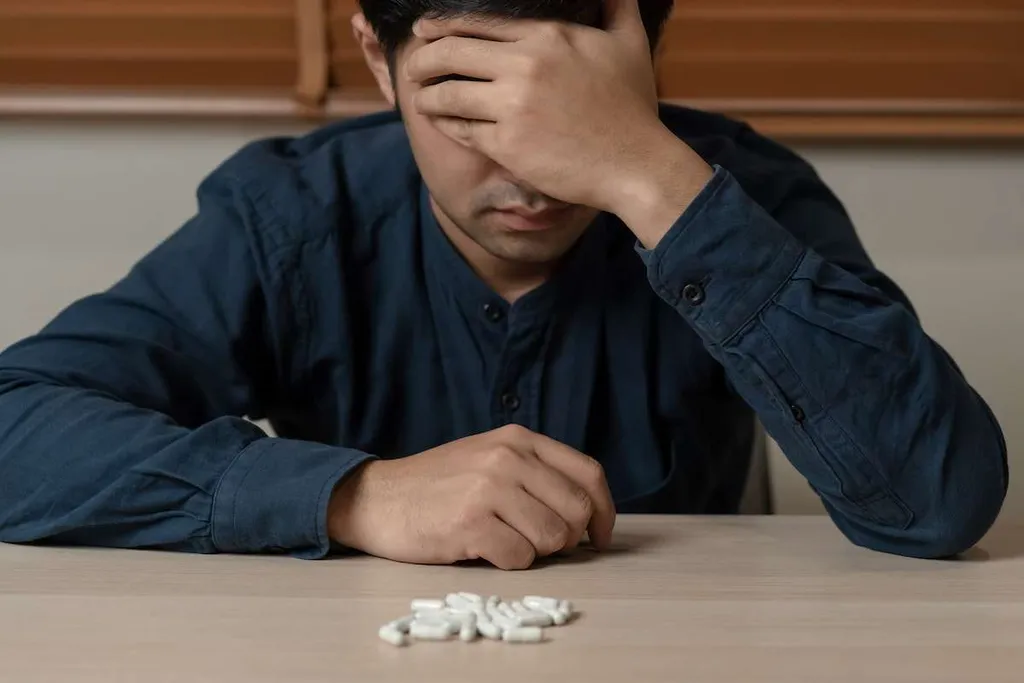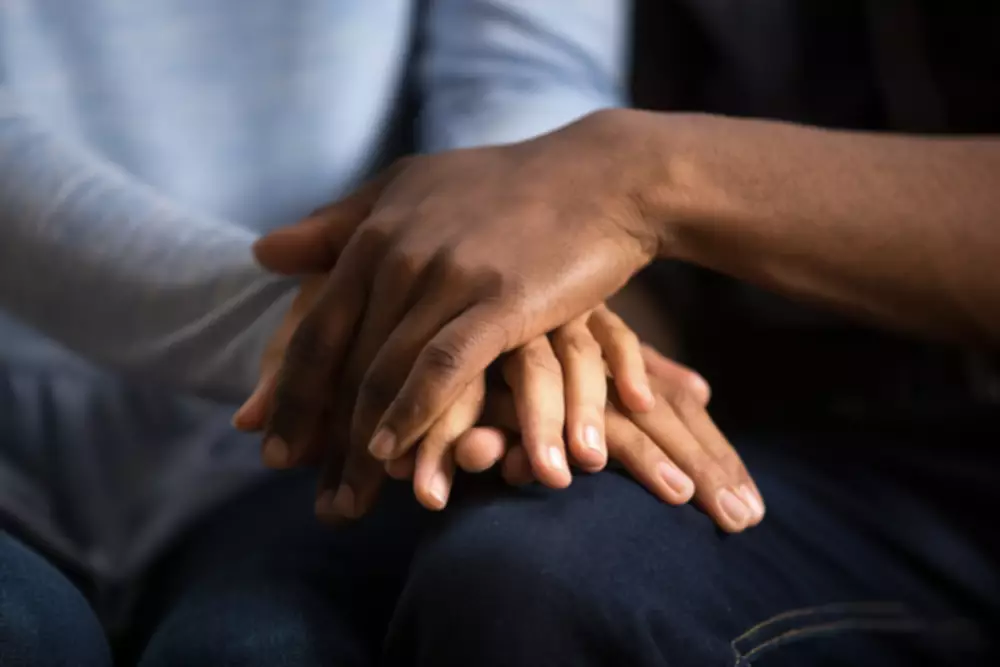
As a result, your body loses essential nutrients, and you find yourself with frequent washroom visits. Yes, Substance abuse alcohol can indeed lead to dehydration, which is a significant contributor to back pain. When you drink alcohol, it acts as a diuretic, promoting fluid loss. This dehydration can result in muscle cramps and spasms that often manifest as discomfort in the back. Staying hydrated before consuming alcoholic beverages is critical! Aim for every alcoholic drink consumed; pair it with an equal amount of water.
How to Hydrate After Drinking
- Over time, this can increase the likelihood of experiencing chronic back pain due to weakened muscles and persistent dehydration.
- According to some studies, beer may actually hydrate you adequately.
- The rule of thumb is limiting consumption to one alcoholic beverage an hour, with one glass of water also consumed for every finished alcoholic drink.
- When you don’t adequately replace this excess loss of fluids, you become dehydrated.
- The idea that people in Medieval times were drinking beer instead of water seems to be a fallacy.
In addition, the differences in the urine output between alcoholic and non-alcoholic beverages after exercise disappear from 4 h onwards 17,22. Based on this, the relevance of the diuretic effect of moderate alcohol consumption in the real-life situation under normal circumstances, can be questioned. The diuretic effect of alcohol inhibits the production of the antidiuretic can beer cause dehydration hormone «vasopressin,» which is crucial for water retention. As a result, the kidneys’ ability to retain water is compromised, leading to increased urination and fluid loss. This loss of fluids can affect your electrolyte levels, causing dehydration and symptoms like headaches and fatigue.
- The average beer has an alcohol content of 3-7% per 12-ounce serving, while a 5-ounce glass of wine contains up to 14% alcohol, and a single shot of liquor can contain up to 70% alcohol.
- Alcohol consumption affects the renin-angiotensin-aldosterone system (RAAS).
- High levels of uric acid can lead to the development of uric acid stones, a common type of kidney stone.
- Binge drinking is when a person consumes an excessive amount of alcohol within a short period of time.
- The splitting headache after a night of drinking is thought to be partly due to the way alcohol causes dilation and constriction of your blood vessels.
Key Takeaways: Can Alcohol Cause Cramps In Legs?
While the redness itself goes away, continuous excessive alcohol consumption can lead to long-term skin issues and other health problems. Alcohol’s diuretic effect sets in even after just one drink and escalates as you keep the booze coming. The diuretic effects of alcohol can lead to losing up to four times as much liquid as you gain from drinking it. The water we drink today is either tap water (full of chlorine and other chemicals) or filtered water (completely stripped of mineral content).
Effects of Dehydration on Muscles
While beer is typically composed of 95% water, it can still lead to dehydration due to its alcohol content. Alcohol acts as a diuretic, causing increased urination and disrupting the body’s ability to regulate fluid balance. To prevent leg cramps while drinking alcohol, it’s important to stay hydrated by drinking water alongside alcoholic beverages.


Most soda products contain sugar and caffeine, which trigger fluid loss, and drinking only soda and no water can lead to dehydration. Alcohol affects blood vessels by dilating them initially but may later lead to constriction as its effects wear off. This fluctuation can disrupt normal blood flow and contribute to pooling of fluids in the lower extremities. Poor circulation is a significant factor that can exacerbate swelling in the feet after drinking. Learning to listen to your body, recognizing the signs of dehydration, and drinking plenty of water during the day can also ensure you’re meeting your fluid needs. A small study in 10 people found that consuming 537 mg of caffeine, or about 6 cups of coffee, significantly increased urine production.
- The alcohol content in beer, typically ranging from 3-7% ABV, influences the level of dehydration, with higher ABV leading to more dehydration.
- The alcohol content in beer is measured by its alcohol by volume (ABV).
- If you’re urinating more than you’re taking in fluids, you can become dehydrated.
What we do know is that there have been many times in history where people drank a lot more beer than would be considered normal nowadays. In London, during the 18th century, beer drinking was ubiquitous. This was partly in response to the Gin Craze, partly due to the water in London becoming almost undrinkable, and partly due to beer being a lot weaker than it is today. When people drink, they may tend to slouch due to relaxation or fatigue from alcohol consumption.
General Health
A spiked cider for the holidays probably won’t do too much to dehydrate you — but it could be a completely different story with hard liquor like whiskey, brandy, and vodka. Some can be tricky — like high-quality wines with a higher alcohol by volume than low-quality wines. Staying hydrated can be tricky when you’re sick, particularly when experiencing vomiting and diarrhea. Switching to a diet of clear liquids and replacing lost fluids and electrolytes with sports drinks can help. «It’s important to replenish fluids after drinking, or better yet, while drinking,» Sternlicht says.
Non-alcoholic beer is a hydrating alternative
One of the less talked about effects is how alcohol can cause swelling in different parts of the body, including the feet. This swelling, known as edema, can result from several factors related to alcohol intake. Moderating your intake of energy drinks and alcoholic beverages is an easy way to prevent dehydration. In addition to making you urinate more frequently, alcohol stays in the body longer than water.

Alcohol’s interference with vasopressin signalling leads to increased urine production and fluid loss, contributing to dehydration. Additionally, the complex relationship between alcohol and vasopressin extends beyond dehydration, impacting alcohol tolerance, drinking behaviour, and stress responses. Further research is ongoing to fully understand the multifaceted relationship between vasopressin and alcohol, with potential therapeutic implications for alcohol-related disorders. If you drink water alongside alcoholic beverages or consume hydrating foods, you may mitigate some swelling effects. Alcoholic beverages such as beer, wine, and liquor increase urine output and could cause dehydration if consumed in large amounts.

Alcohol is a diuretic, which means it increases urine output, and if you’re peeing more than you’re taking in, you can become dehydrated. The higher the alcohol content, the more your body has to work to get rid of it, and the more dehydrated you can become. However, some studies suggest that weaker beers may not dehydrate you, and that drinking water alongside beer can help prevent dehydration. When you drink beer, the alcohol inhibits the production of a hormone called vasopressin, also known as the antidiuretic hormone. This hormone is responsible for regulating water retention in the body.

Comentarios recientes